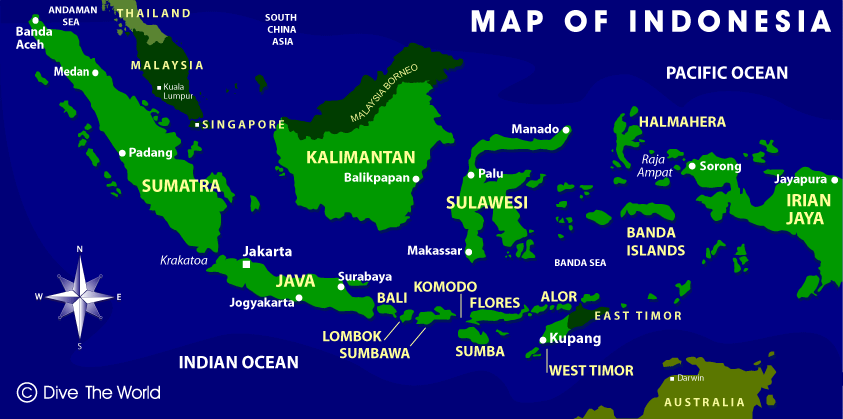Jakarta At 6PM I was still shaking the sleep from my head after a shower and met with Dani Setiawan, the Chairman of KAU — Koalisi Anti Utang — the Anti Debt Coalition, and his associate, Midaria Novawarity from Kiara — the Fisheries Justice Coalition in the lobby of the hotel and then later over dinner and chicken satay as they broke the fast from Ramadan. Dani and his associates had reached out to us because of what they saw as the similarities between their fight and our India FDI Watch Campaign.
Indonesia, like many other countries, faces a huge burden in paying off its foreign debt, much of it incurred during the Suharto regime and the corruption that surrounded that government. About 25% of the national budget goes to debt payment and debt service. The bill according to KAU and Dani is about $65 billion USD on the foreign debt that is coupled with almost the same amount of deficit spending.
The Jubilee movement that led to some small relief in some countries in recent years has not much touched Indonesia because the country is seen as a “middle income” country, like Argentina and most of Latin America, by the twin enforcers, the International Monetary Fund (IMF) and the World Bank. The World Bank has conceded that a portion of the Suharto debt went to enrich family and friends, yet they have not acted to cancel that part of the obligation, which would be close to $4 billion USD. Cancellation is the key issue, since it would mean eliminating the debt obligation entirely, rather than simply relief which often only means a suspension of payments simply postponing them for another day, which may or may not be better. KAU has not had much success in convincing even the government to stand up stronger for cancellation, even though it is arguably in their interest as well.
The other issue KAU has tried to link, and this is the connection to Foreign Direct Investment, is that the debts should have been tested against some minimal accountability standard of the peoples’ common welfare and benefit. The example they kept returning to was the loan for a railroad that is not even located in the country and turned out to render no benefits to anyone from the foreign enterprises that pushed it forward.
We talked a lot about banking and the role of the big foreign banks like HSBC and Citi, both of which are significant, as well as ANBN-Ambro which also continues to be ubiquitous here, though no longer Dutch owned. There might be some leverage there, if we could draw a line between the dots, just as we are now doing in India.
This is a critical issue, but Dani and Midaria, despite their youth and passion about the issue, knew they were having trouble exerting pressure sufficiently to move the campaign forward. Most of their funding comes from Oxfam-Hong Kong over recent years, and they are worried about these commitments over time to sustain what will obviously be a long drawn out battle.
Certainly, we have found this to be the case in India as well. Even when the fights involve billions of dollars and could impact literally millions of jobs and the living standards of many more millions, people seem unwilling to wrap their heads around the math and mayhem involved and the direct confrontation it means with huge commercial enterprises and the governments that they often have at their beck and call.
We will link KAU with our India FDI Watch Campaign, and see how we can help, but winning economic justice at this level is a long, hard slog.
